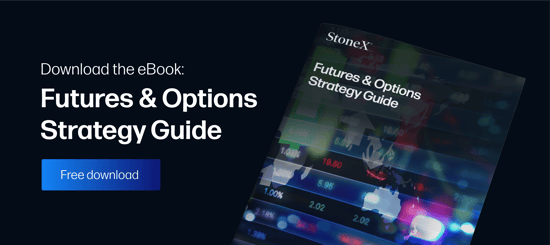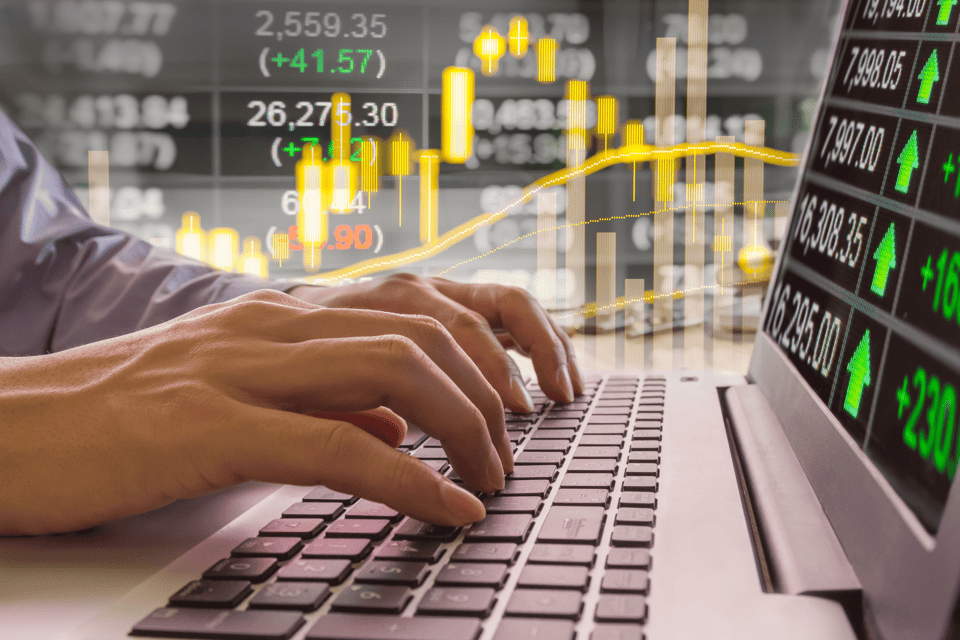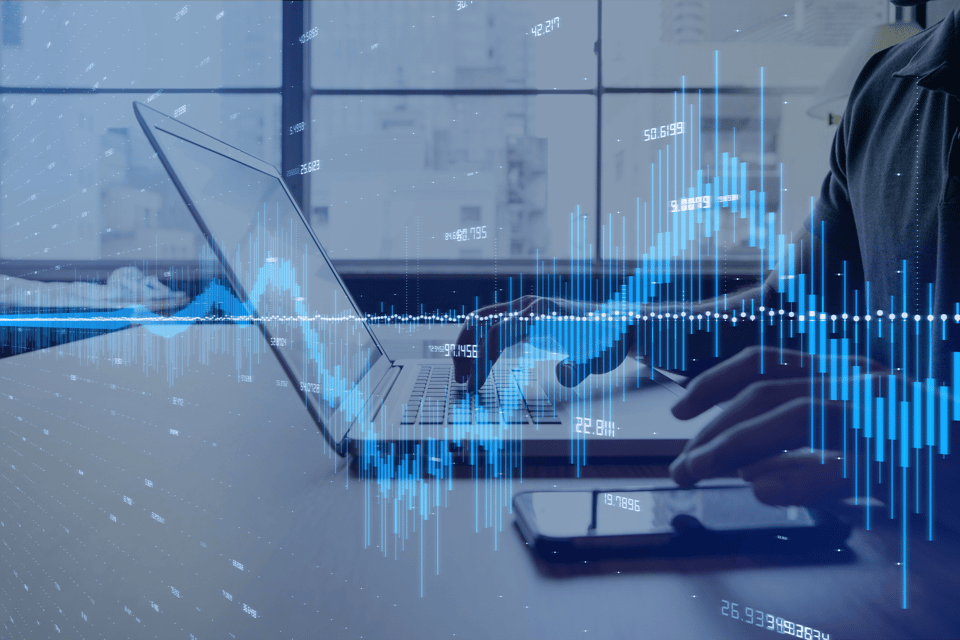The rise of bitcoin has drawn the interest of individuals from around the globe. Along with being a viable mode of exchange, Bitcoin has become a favorite target of traders and investors worldwide.
There are three primary methods of Bitcoin trading. Each offers a unique degree of consumer safety:
As with any new financial product, a considerable amount of skepticism surrounds the security and viability of Bitcoin. Are transactions secure? Will my money vanish into thin air? Is it safe to actively trade?
Due to the complex technology behind Bitcoin, these questions are certainly appropriate to ask.
Bitcoin Cash Markets
The traditional way of trading Bitcoin is through a cryptocurrency exchange. Digital exchanges, such as Coinbase and Kraken, facilitate the trade of billions of dollars in Bitcoin annually. In much the same fashion as a physical commodity, a trader can purchase Bitcoin from an exchange and store it for future use.
Although the blockchain technology behind Bitcoin ensures transaction and anti-counterfeit integrity, storing Bitcoin safely is not foolproof. Whether a trader’s Bitcoin is located in an exchange account or personal wallet, there is a chance of loss due to security issues. Many instances of processing errors or malicious hacking have been documented over the past several years:
- Parity:In November 2017, e-wallet provider Parity experienced an operational problem that froze upwards of $280 million worth of cryptocurrencies.
- Bitfinex: Hong Kong based Bitcoin exchange Bitfinex was the target of a sophisticated hacker attack in August of 2016. Thieves took about $66 million worth of Bitcoin, most of which originated in customer accounts.
- Account takeovers: Coinbase customers reported approximately 30 instances of theft per month over the first half of 2017.
Learn more about Bitcoin futures options here.
CFDs
International traders and investors may trade Bitcoin using a derivatives product known as a contract-for-difference (CFD). CFDs are a popular way of engaging the Bitcoin markets without having to assume ownership or storage responsibilities.
The relative safety of bitcoin CFD trading depends upon the brokerage firm. Most brokers operate under the scrutiny of regulators, and customer funds are held in segregated accounts. Currently, CFD trading is not permitted in the U.S.
Bitcoin Futures: CME Group and Cboe
For traders in the U.S., two exchanges will soon provide the opportunity to engage Bitcoin derivatives via futures markets. No matter their desired exposure to Bitcoin, traders will find an ideal standardized futures contract available on the CME or Cboe.
The CME Group, a conglomeration of four prominent exchanges (CME, CBOT, NYMEX, COMEX), will offer Bitcoin futures alongside energies, metals, and agricultural products. The CBOE Futures Exchange (CFE) will also provide U.S. exchange-based Bitcoin futures products. Bitcoin futures listed on Cboe will furnish traders with variety in both contract size and strategy flexibility.
Exchange security is of paramount importance for both exchanges. They use institutional grade technologies to ensure the safe handling of billions of futures contracts annually. Both the CME and the Cboe are regulated, falling under the jurisdiction of the U.S. Commodities Futures and Exchange Commission (CFTC).
In order to engage the Bitcoin market on the CME or Cboe, a futures trader must secure the services of a broker. Futures brokerages are required to register with the National Futures Association (NFA) and adhere to specific guidelines while conducting business. Selecting a reputable broker furnishes the aspiring Bitcoin futures trader with several advantages over Bitcoin exchanges:
- Funds are held in a segregated customer account
- They have a standardized process for dispute resolution
Whether a trader is hedging cash positions or speculating upon forthcoming pricing fluctuations, conducting business through a reputable brokerage and federally regulated exchange provides the highest level of security. Bitcoin futures markets will provide one of the safest ways to trade Bitcoin.
Learn More About Bitcoin Trading
No exchange, market, or product is 100 percent secure. Financial predators are always part of the landscape, even one as technologically proficient as Bitcoin. Ultimately, a trader is responsible for performing any necessary due diligence.
A brokerage firm with a proven track record of dependability and competence can be a valuable asset for your venture into the Bitcoin trading marketplace. For more information on Daniels Trading and Bitcoin futures, check out our comprehensive Bitcoin futures information page.
Related Bitcoin Articles
- Trade Statistics: Can a Market Be Due? - Whether you prefer to buy something that’s up 100% or down on the year can say a lot about you as a trader. It’s the classic contrarian vs trend follower debate, and it’s playing out in spades among two of this decade’s most novel markets: cannabis and crypto.
- How to Make Crude Oil Smaller - This question can plague many attempting to act on what the data tells them, and it’s especially justified for volatile commodity markets like oil and natural gas. Thankfully, crude oil has been around for a while, and there’s enough data to both display an opportunity and measure the risk around it.
- Bitcoin: Buy or Sell the Highs? - It’s time to sideline your opinions of crypto and take advantage of the unique opportunity in front of you. An asset class worth trillions of dollars has sprouted up and developed before traders’ very eyes.





You must be logged in to post a comment.